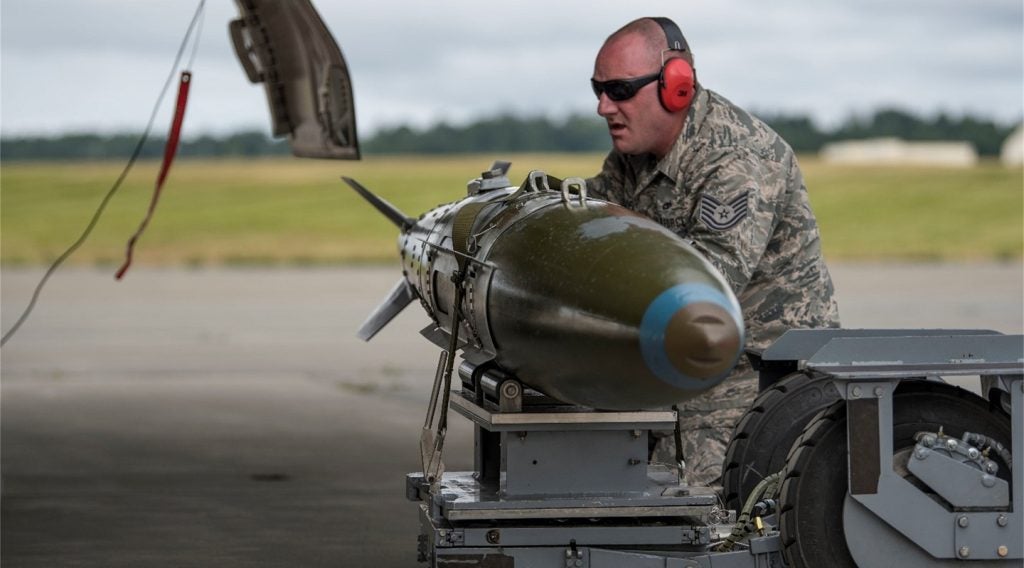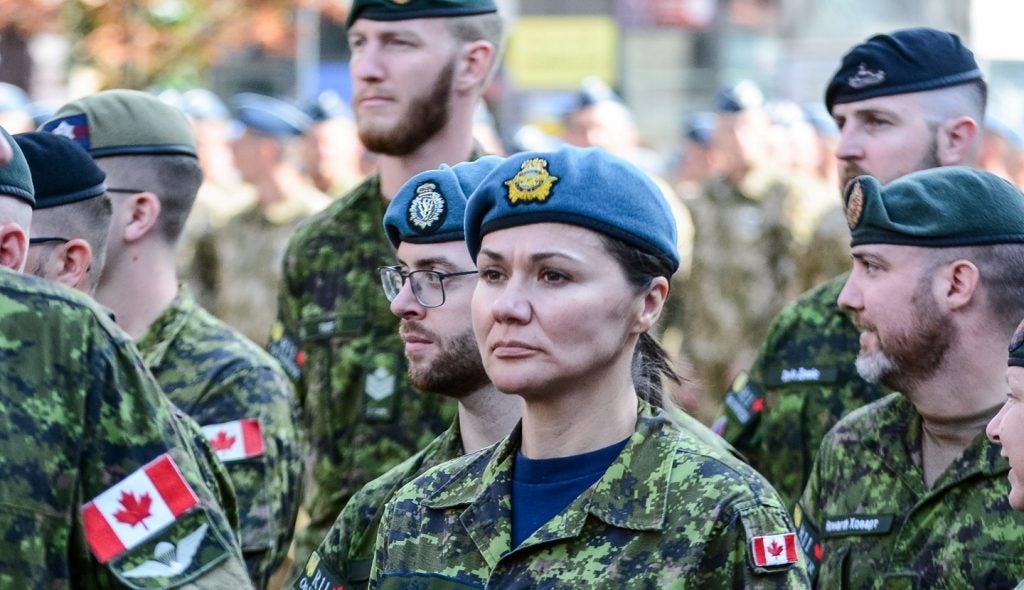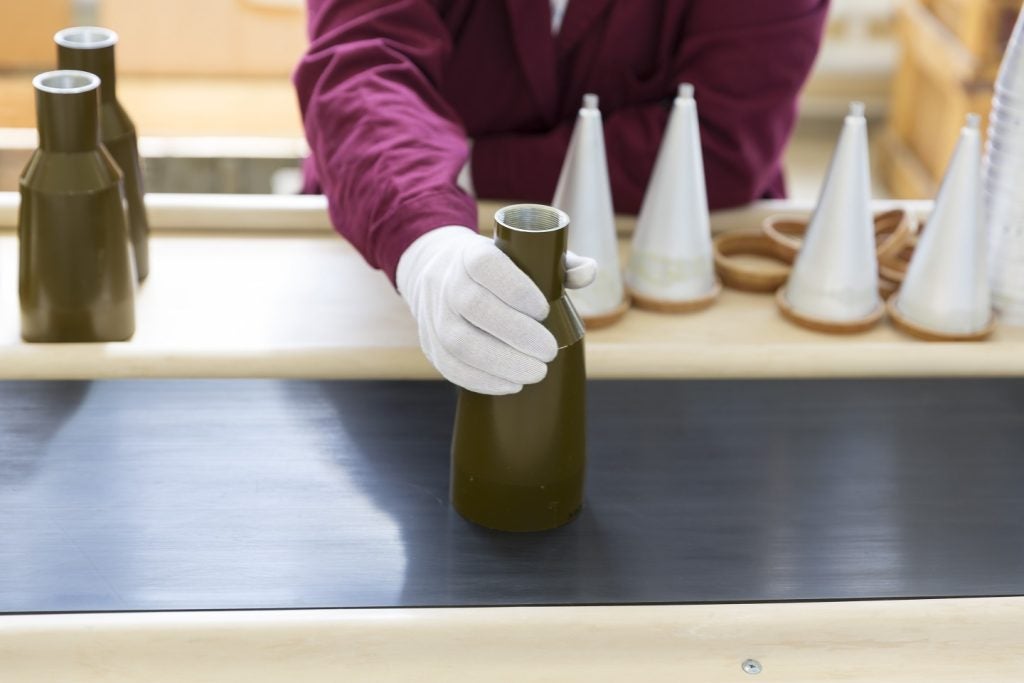
The Royal Australian Air Force (RAAF) has teamed up with the University of Sydney’s Nano Institute to develop Australian-specific sensing defence technology.
Under the scientific collaboration, researchers at the Jericho Smart Sensing Laboratory at the University of Sydney will develop nanoscale devices that will be capable of assessing physical, chemical, biological, acoustic or electromagnetic environment.
The Smart Sensing Laboratory will serve as a critical part of Plan Jericho’s scientific infrastructure.
Plan Jericho is RAAF’s project intended to develop augmented intelligence capability to tackle technologically sophisticated and evolving threats.
The project involves four augmented intelligence lines, including autonomous processing, advanced sensors, combat cloud and human-machine augmentation.
Deputy chief of air force air vice-marshal Gavin Turnbull noted that the technology plays a key role in monitoring electromagnetic, space and underwater domains.
How well do you really know your competitors?
Access the most comprehensive Company Profiles on the market, powered by GlobalData. Save hours of research. Gain competitive edge.

Thank you!
Your download email will arrive shortly
Not ready to buy yet? Download a free sample
We are confident about the unique quality of our Company Profiles. However, we want you to make the most beneficial decision for your business, so we offer a free sample that you can download by submitting the below form
By GlobalData“Advanced sensors give us a clearer picture of what is happening against difficult targets in challenging environments,” said Turnbull.
“We need to think differently to achieve and maintain competitive edge in a rapidly changing world, and this is something we cannot do alone. Our academic partners are helping us to disrupt ourselves in a controlled way, which is a far better proposition than unwillingly being disrupted by our enemies.”
Sydney School of Architecture, Design and Planning associate professor Cara Wrigley has been appointed as the Jericho Chair of Design Innovation. She will lead the project to bring the ‘research closer to real-world defence problems’.
The researchers at the university will work on accelerating photonics research into a real defence capability advantage for the country.
Wrigley said: “The technology developed at the Jericho Smart Sensing Lab will be optimised for Australian conditions, including humidity, foliage and other environmental factors that currently pose challenges for airborne sensors.
“When used on aircraft, satellites, vehicles and integrated into a sophisticated Combat Cloud – or Internet of Defence Things – these sensors will enable game-changing awareness.”
The service aims to harness the power of people and machines working together to deliver significant defence capabilities.
In November 2019, the RAAF signed a separate agreement with tech firm Seeing Machine to develop sensors specifically for face recognition.







